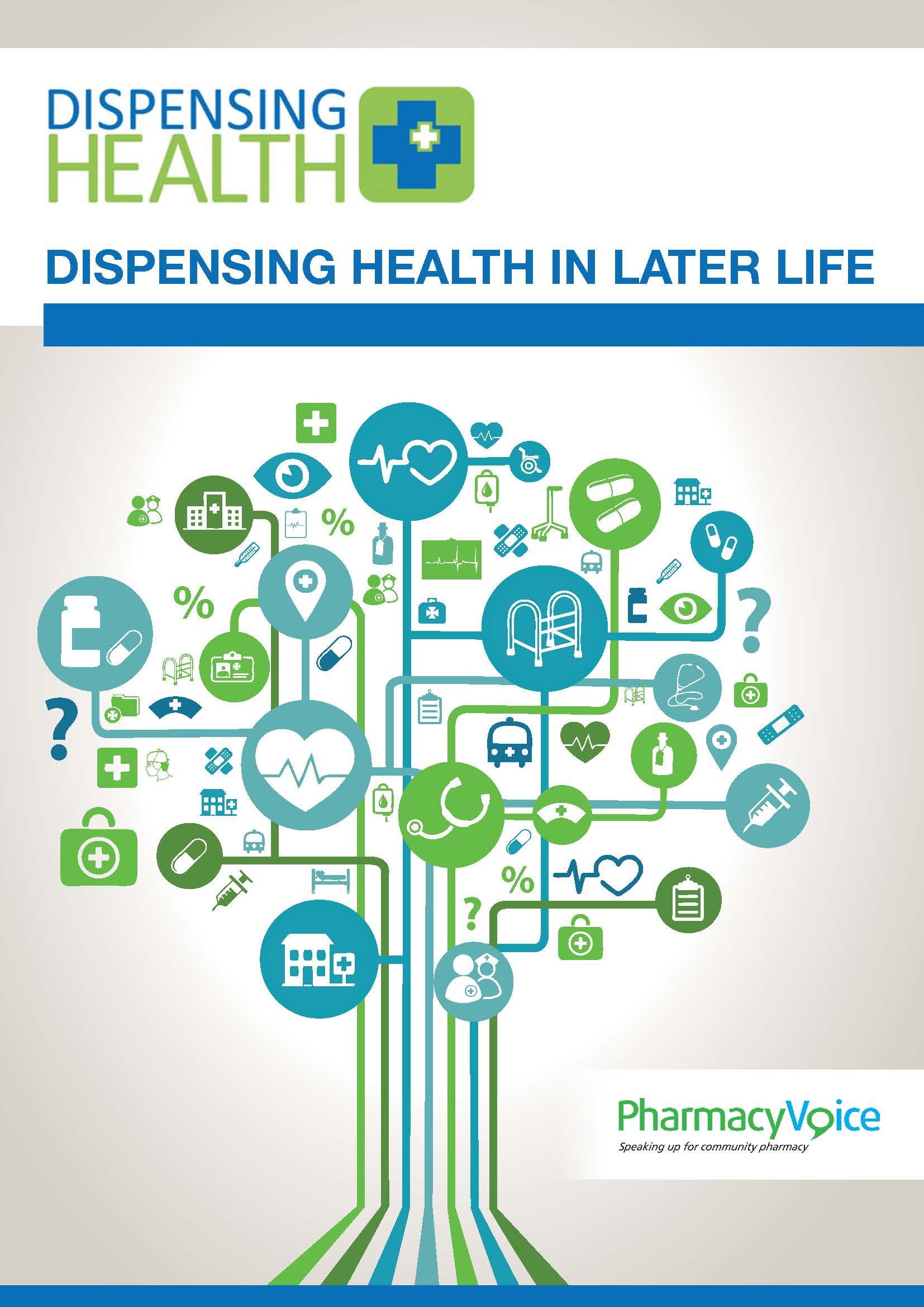More than half of older people take too many meds, say GPs
In News
Follow this topic
Bookmark
Record learning outcomes
 New research, presented in Dispensing Health in Later Life, reveals that eight in 10 GPs are not confident that their older patients, aged over 75 and on more than four medicines, are still taking their medicines as correctly six months after consultation. And GPs believe that more than half (50.3 per cent) of their older patients would benefit from taking fewer medicines.
New research, presented in Dispensing Health in Later Life, reveals that eight in 10 GPs are not confident that their older patients, aged over 75 and on more than four medicines, are still taking their medicines as correctly six months after consultation. And GPs believe that more than half (50.3 per cent) of their older patients would benefit from taking fewer medicines.
The research, commissioned by Pharmacy Voice (PV), also reveals that nine in 10 GPs (92 per cent) would like more support from community pharmacy teams to help their patients take their medicines correctly.
It is estimated that people over the age of 75 account for at least 45 per cent of the annual prescription cost. Regular medicines reviews have the potential to achieve millions of pounds of savings, including reducing the medicines wastage cost of £300 million a year, says the report.
The foreword to Dispensing Health in Later Life is supported by key GP and primary care organisation, NHS Alliance and Care England, which represents care homes.
It makes three recommendations:
1. People over 75 and on more than four medicines should have access to regular medicines use reviews (MURs) undertaken by their community pharmacy teams, ideally every six months, and immediately after hospital discharge. The cap on the number of funded MURs should be reviewed and GPs should do more to make patients aware of MURs from community pharmacy.
2. National representative organisations representing general practice and community pharmacy should work together and with some urgency on how to improve collaboration, making sure people are advised by the right health professional, at the right time, and in the right place.
3. There should be greater commitment to improved information sharing. This should include allowing community pharmacy professionals secure access to both read and add clinical information to people's summary records, with their consent. The Government has committed to providing all community pharmacies read-only access to summary care records by autumn 2017. This should be rapidly followed by secure access to update records with written information, with patient consent.
Rob Darracott, chief executive of Pharmacy Voice, said: €Community pharmacy and general practice are increasingly working more closely together, helping relieve some of the extreme pressures on GPs. We would like to develop that collaboration further. More than a third of people over 75 take four or more medicines. Community pharmacy teams are ideally placed to provide regular advice on taking them correctly, help people understand potential side effects, and assess their ongoing efficacy.
€Regular use reviews, for example every six months, could have a significant impact on the quality of people's lives, reduce hospital admissions and deliver significant savings to the NHS. If regular reviews achieved just one fewer prescription per person per year, this could deliver tens of millions of pounds back to the service, and enrich life for millions of people who could be taking medicines that are no longer needed or not effective.
€Community pharmacy teams can already provide medicine use reviews but awareness is low," he added. "In a year's time, we would like to be in a position where GPs are actively encouraging older people to access their community pharmacy regularly to help with their medicines management and we have reviewed the current cap on medicine use reviews.€
